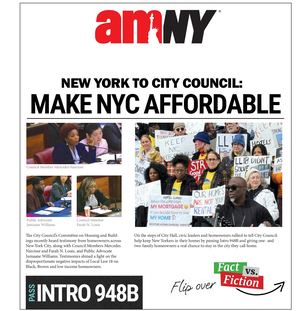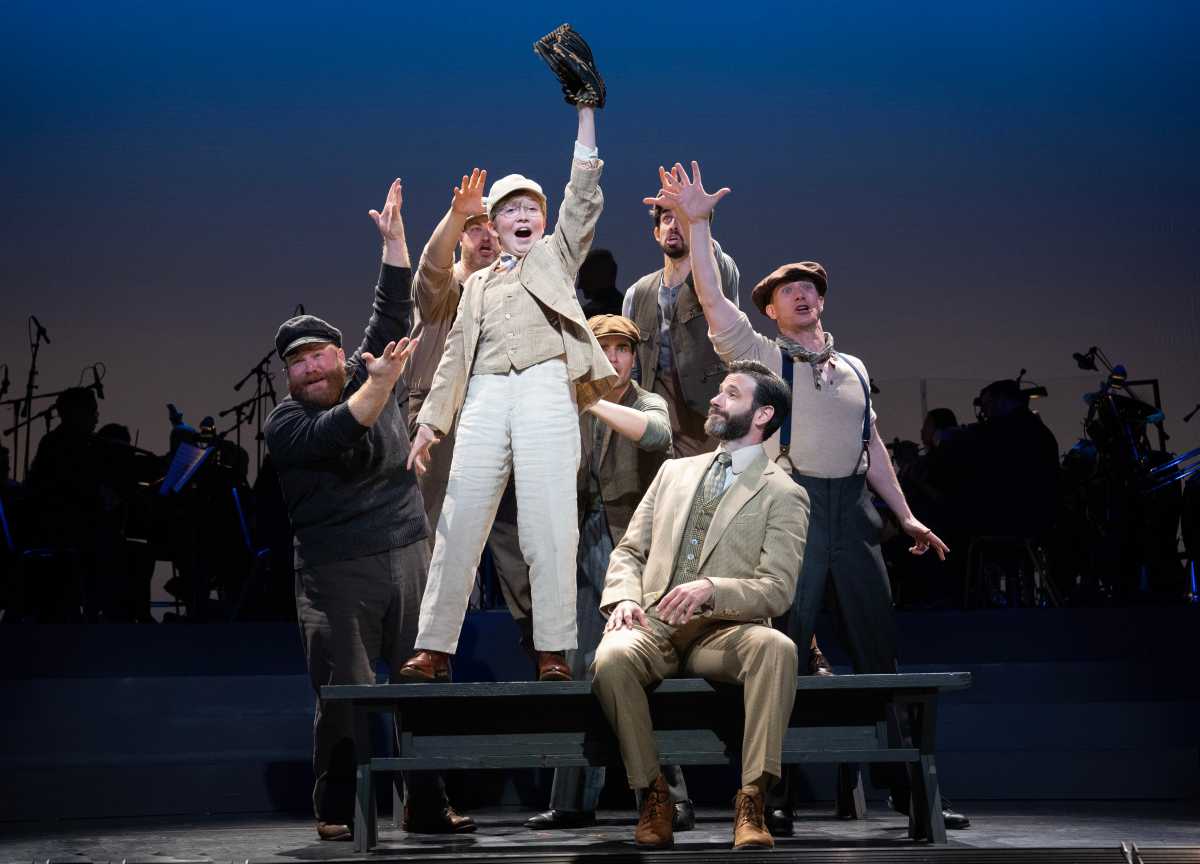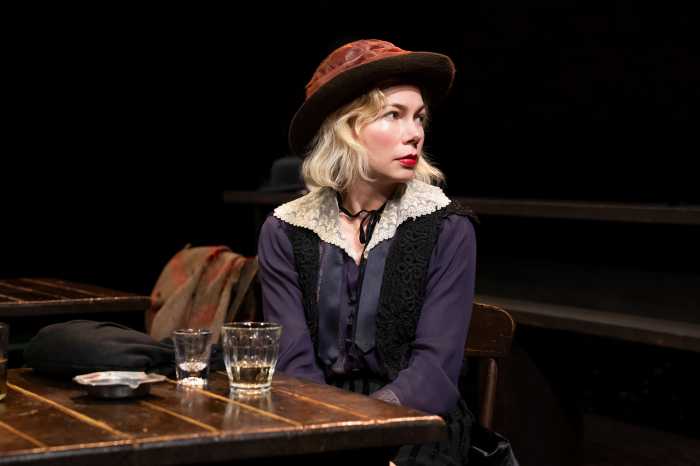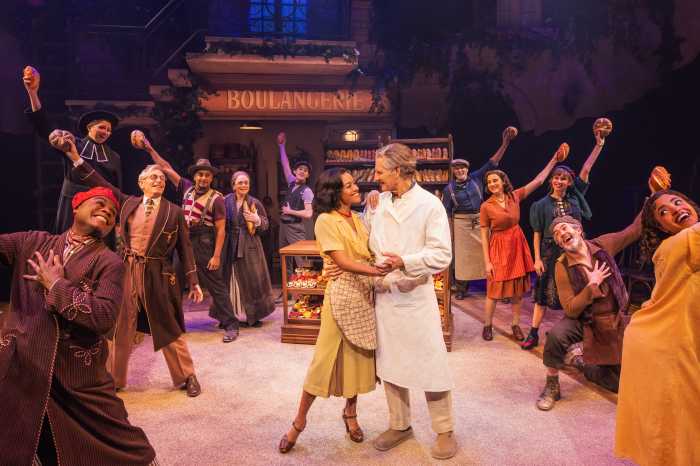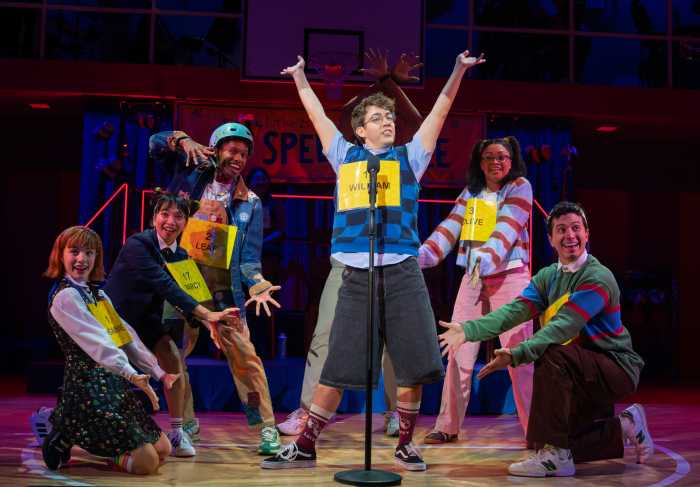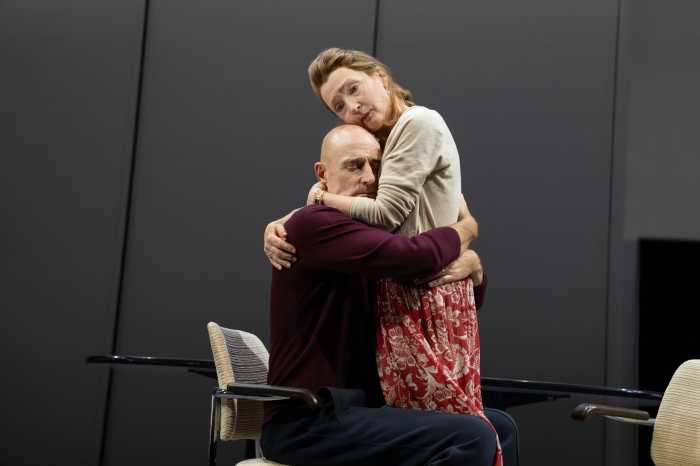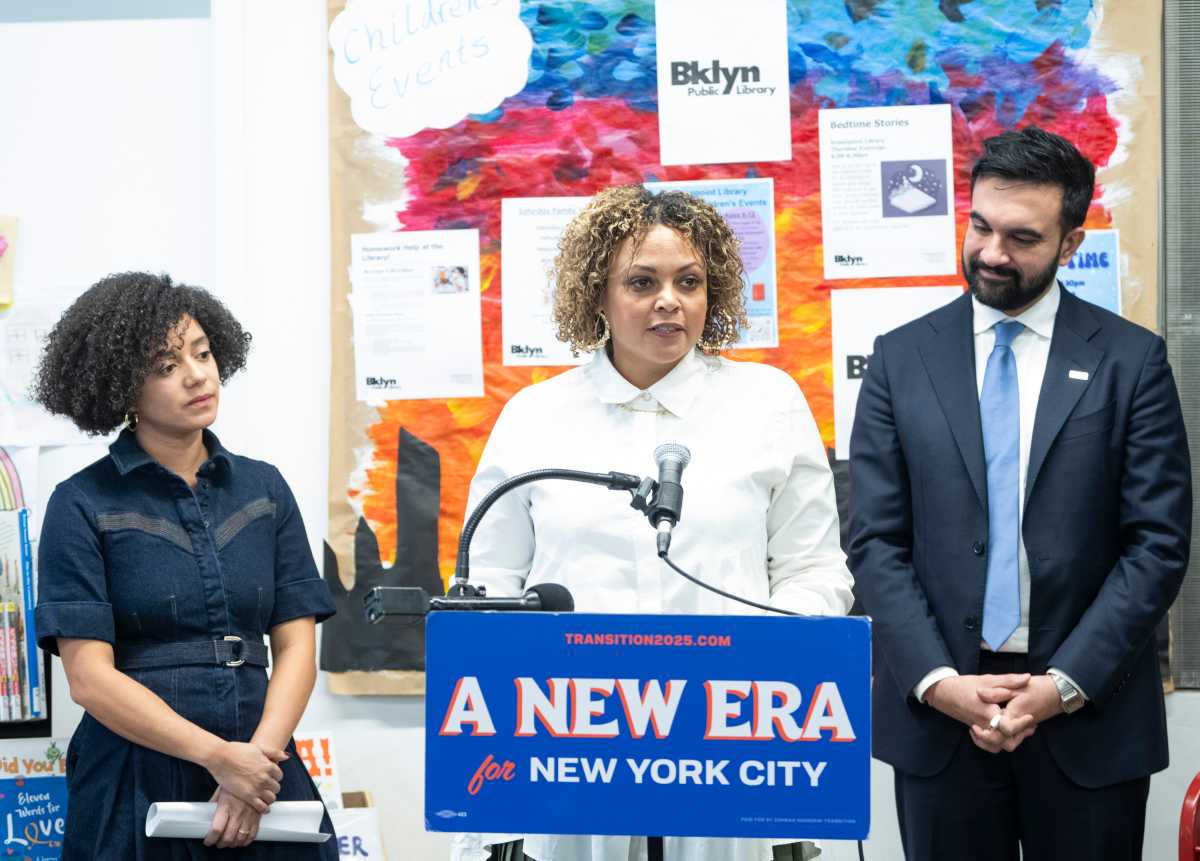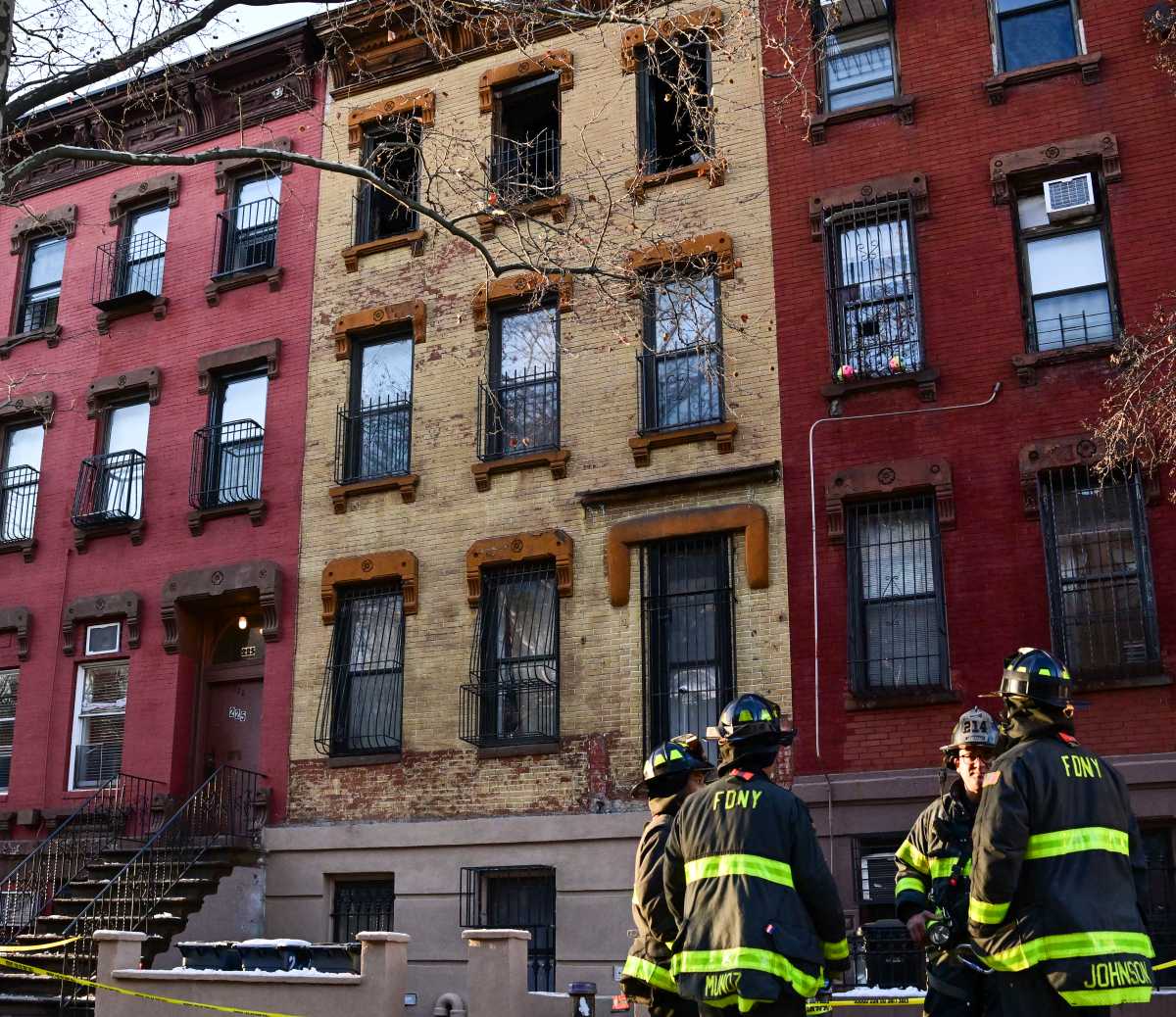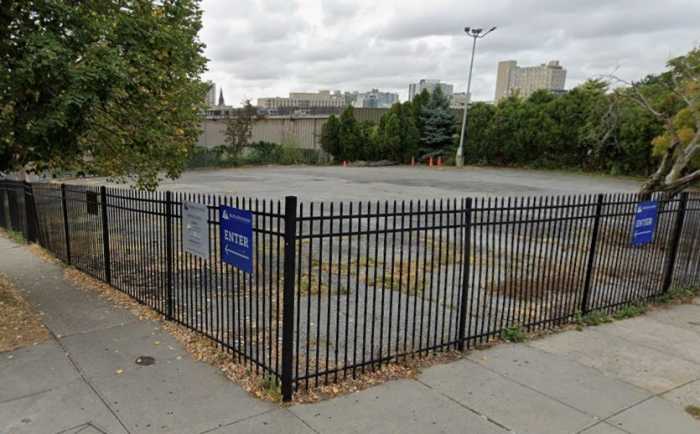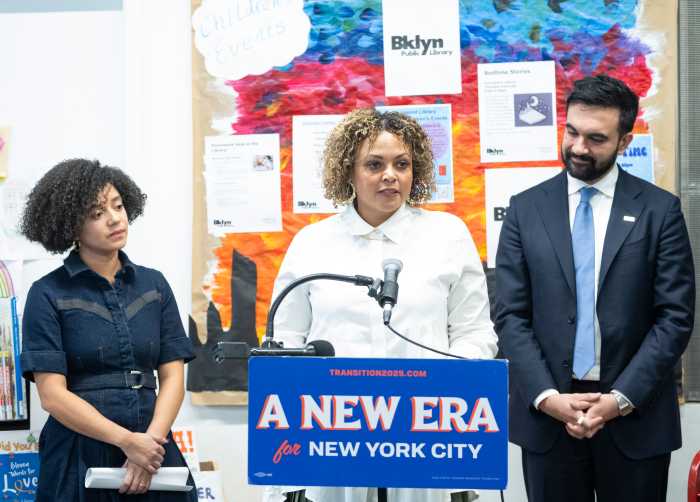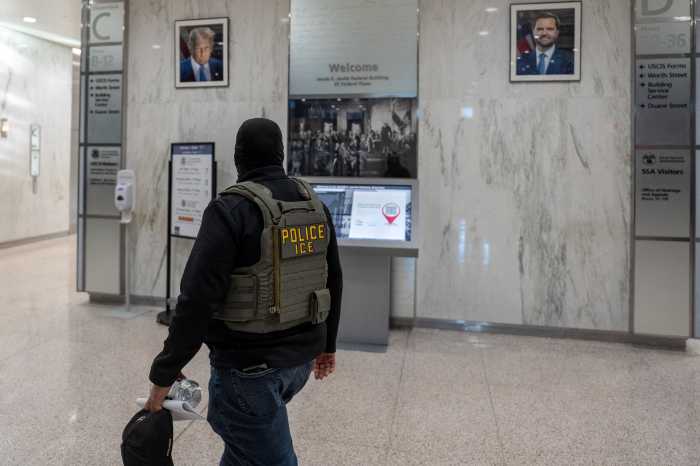The musical “Ragtime,” which is currently receiving a high-powered, concert-style production at City Center, feels much different today than it did in 1998 (when it debuted on Broadway in a spectacular, big-budget production that was nevertheless overshadowed by “The Lion King”) and 2009 (when it received a short-lived, physically scaled-down Broadway revival).
But as seen today, on the eve of a historic presidential election and iamid overwhelming cultural tensions and resentments, the musical’s thematic underpinnings of racial injustice, women’s rights, xenophobia, class inequality, social unrest, and technological upheaval resonate far more clearly and powerfully than before. Even as one feels the rhapsodic promise and grandeur of the stirring duet “Wheels of a Dream,” its possibilities are threatened by violence, hate, and struggle, as seen in both the musical’s plot and real life. (At one point, the character of The Little Boy innocently asks why the adults are so angry. He could be asking about adults today.)
By comparison, the original production opened during the comparatively peaceful and prosperous late 1990s (with a new century on the horizon), and the 2009 revival was timed to greet the idealism felt by many during the early days of the Obama administration. One also imagines that the City Center production (which runs only through Nov. 10) will feel very different after Election Day, depending on how one feels about its outcome. (In one of the few changes made to the score, the cast now takes a long breath before reaching the word “dream” in the finale, as if we are still waiting to achieve it.)
While it may not have much scenic design beyond a few backdrops and rolling scaffold stairs to suggest various locations, it is a rousing concert production (directed by Lear deBessonet, in her swan song at City Center before departing for Lincoln Center Theater) with a 28-member orchestra playing the symphonic original orchestrations and a 33-person cast led by Joshua Henry (“Carousel”), Brandon Uranowitz (“Falsettos”), Caissie Levy (“Frozen”), Shaina Taub (“Suffs”), Colin Donnell (“Anything Goes”), and Nichelle Lewis (“The Wiz”). Even with a running time of approximately three hours, it moves swiftly.
As Coalhouse Walker Jr., the intelligent and talented Black pianist, Joshua Henry showcases his resonant, tremendously powerful voice. His Coalhouse is excessively poised and proud, emphasizing the tragic fall that leads to the character’s descent into fury and madness after his vehicle is destroyed by a racist gang and his lover Sarah (played with a sense of spooked terror by Nichelle Lewis) is killed in an act of police brutality.
Brandon Uranowitz (who appeared as a child in the original Toronto production of “Ragtime” before it came to Broadway) gives a full-bodied, fervent performance as the Jewish immigrant Tateh, in which he gives all of himself over to the role, especially as the character struggles to survive upon arriving in America. Later, after the character has become a prosperous movie maker, he gets to be funny and playful.
As Mother, the affluent housewife who opens herself up to new possibilities and connections, Caissie Levy emphasizes the character’s resolve (literally letting her hair down by the second act) and feelings of inner conflict and contradictions. As Mother’s Younger Brother, Ben Levi Ross is a winningly open-hearted romantic.
Some of the other performances could be improved over the course of the short run, including those by Colin Donnell (who overplays Father’s harsh tone and irritation at the changes around him), Shaina Taub (who brings a quirky sense of humor to Emma Goldman but seems to be struggling with some of her musical passages), and Stephanie Styles (overly jaded as Evelyn Nesbit).
No doubt, theatergoers will wonder whether this production will transfer to Broadway for a limited run, as other recent City Center productions such as “Parade” and “Once Upon a Mattress” have. Unfortunately, a transfer is probably unlikely given the financial prospects (two Broadway productions of “Ragtime” have already lost money) and the current lack of theater availability on Broadway. In any event, “Ragtime” will continue to receive new professional productions in light of the piece’s ongoing relevance and power. While “The Lion King” (which debuted at the same time) has never left Broadway, “Ragtime” has never truly gone away either.
City Center, 131 W. 55th St., nycitycenter.org.
